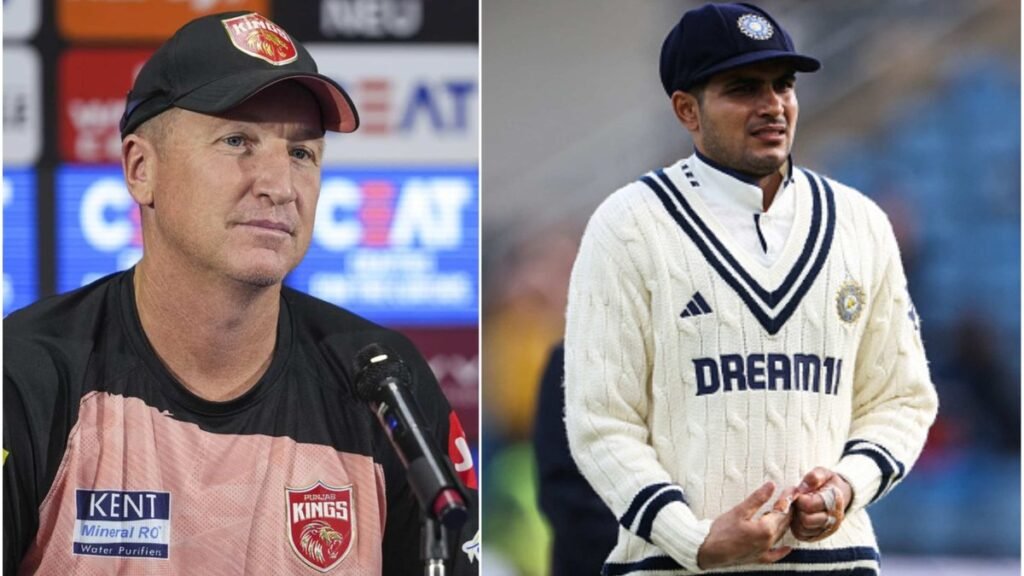
Former Australian wicketkeeper Brad Haddin has taken a pointed stance on Indian recent performances on the field, suggesting that under the new Test captaincy of Shubman Gill, the team needs a serious attitude shift—especially in the fielding department. According to Haddin, fielding is not just a skill but a culture and commitment, and it’s something Gill must urgently prioritize if he is to establish a lasting legacy as a leader.
In a detailed assessment following Indian defeat in the first Test against England, Haddin remarked that every truly great cricket team has always stood out for one particular reason: they were exceptional on the field. From Australia’s golden era to South Africa in their prime and even India under Virat Kohli at their peak, elite fielding units often made the difference between winning and losing. Haddin believes that if Shubman Gill aspires to join the ranks of great captains, the same culture must be established under his tenure.
“Every great team, the one stand out feature they’ve always had is that they’ve been a great fielding team,” Haddin stated. “And I think that is one legacy Gill has to start to leave now on this team. He needs an attitude adjustment.”
Indian fielding in the recent Test match was underwhelming, with several dropped chances, misfields, and a general lack of intensity in crucial moments. While batting and bowling have traditionally received more scrutiny, the fielding lapses in Headingley proved costly. England capitalized on every slip-up, turning half-chances into turning points. Haddin argued that such lapses speak less about ability and more about attitude—a point he emphasized as central to Gill’s responsibilities going forward.
Haddin’s remarks also suggest that leadership is not just about tactical nous or individual brilliance, but about setting an example and demanding standards. Shubman Gill, still finding his feet in the demanding role of a Test captain, has been praised for his composure and batting class, but leadership in the traditional sense—especially building culture—is still a work in progress.
According to Haddin, cultivating a high-standard fielding unit requires deliberate focus from the leadership group. It’s about creating a mindset where fielders value every run saved as much as a run scored, and where energy in the field becomes a trademark of the side. He pointed out that under past captains like Ricky Ponting or MS Dhoni, such traits were non-negotiable, and the fielding department reflected the mindset of the captain himself.
For Gill, this is a crucial learning curve. Indian currently transitioning with a mix of youth and experience, and instilling fielding discipline could become a strong cultural foundation for the next few years. Haddin’s comments, though critical, come with the underlying message that the Indian team has the athletic potential and talent to be one of the best fielding sides in the world—but they must treat it with the seriousness it deserves.
With the series against England still in progress and more Tests ahead, all eyes will be on how India responds. A change in Indian fielding energy and effort may not immediately guarantee wins, but it will surely be a sign that Gill is listening to the right voices and evolving as a captain who builds not just line-ups, but legacies.
For more news updates and videos, subscribe to 12B Sports India Youtube

